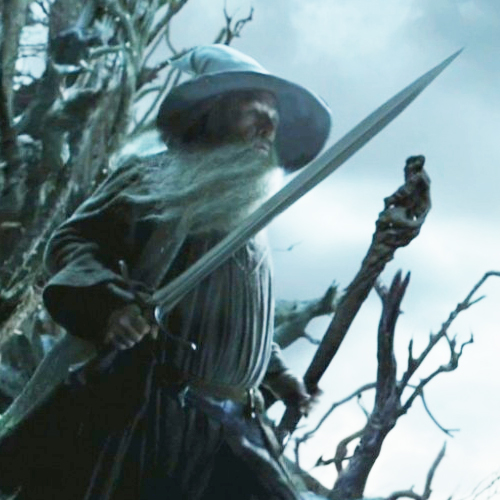In practice, something like your Demon Liege example can be adapted into a classless system by rolling it up into Perks/Talents chosen at chargen or level up, although ideally it would be something less clunky for a single talent. It could also just be an involved quest chain where you meet a Demon Liege and sign a blood contract long after chargen.
A highdea I just had is that at chargen you could pick a Perk/Talent that says nothing other than “You naturally attract the attention of demons”. This means nothing to the player for several hours until in the middle of their playthrough during a resting period at the inn, they find themselves not in a dream but a nightmare world where they are offered something by said Demon Liege.
My ideal system is one that efficiently and flexibly blends the different layers that make up a character, rather than tries to fit them into boxes like skill-based, class-based, talent-based, etc.
So you start with
Innate Attributes: race, stats, natural talents, etc.
You add onto that
Learned Skills: martial proficiency, magic proficiency, crafts, social skills, etc.
And top it off with
Functional Identity: profession, organization membership, special background, etc.
The three layers would be mutually reinforcing, and a character's overall abilities would be determined by all three. For instance, superior innate strength would allow for better use of martial proficiency; and stronger martial proficiency would improve performance in certain professions.
The benefit of such a system is that it allows you to decompose a character into its constituent parts in a sensible way, such that the most interesting aspects of the character - the functional identity, most of the time - are kept relatively open to creative license, yet does not heavily constrain the character's choice of basic competencies. Thus, if your functional identity is Demon Sworn, that doesn't limit you from approaching that profession from multiple directions - with a proficiency in swords and armor, or diplomacy and magic, or stealth and poison.
The only issue with the above system is
balance - because almost everyone would want a powerful functional identity, and avoid generic ones. This is similar to how in Dungeon Crawl, not having a god or having a boring god is basically crippling your character both from a power perspective and from an enjoyment perspective. And of course, for a functional identity layer to function well, it must be flexible enough to encompass all sorts of variations and mixes of professions, organization memberships, etc., since characters can and do change their identity over the course of a life time. There's also the question of how you would deal with profession-specific skills and advancement. But that is a story for a different day.














